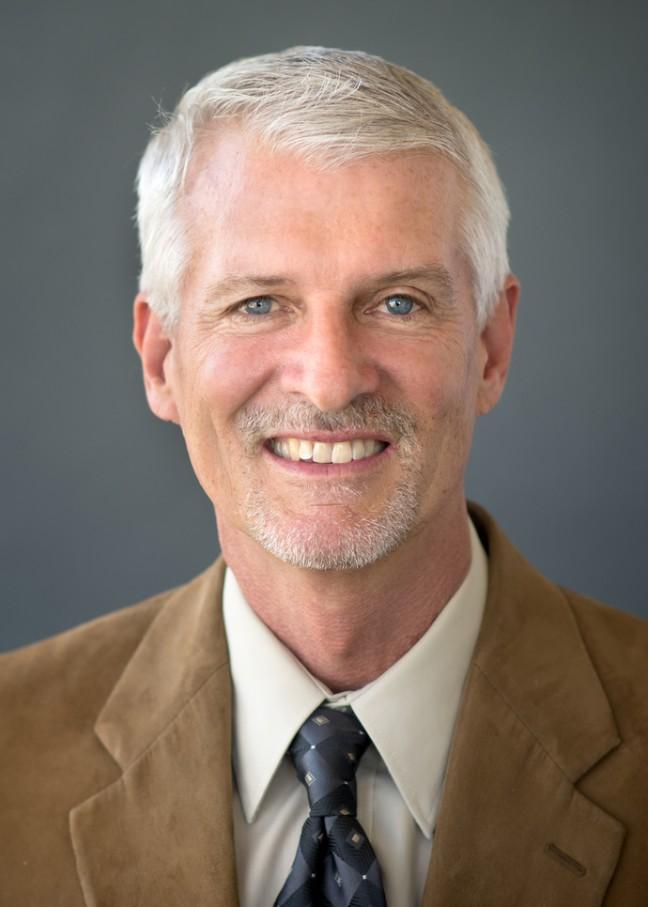Long time University of Wisconsin professor James Rawlings joined a group of scientists across the country that have been recognized for their outstanding contributions to science throughout their careers.
The National Academy of Engineering is an organization that contains three national academies. Once a year, it recognizes scientists across the U.S. who have made outstanding contributions to their field of study.
Rawlings is a chemical engineer and has been a professor at UW for the past 20 years. His work focuses on c-back controls, a system that functions to automatically regulate variables such as temperature or speed.
Rawlings’ work is centered on designing and improving the same systems people use when they use cruise control or the thermostat in their houses.
Rawlings received his bachelor’s degree in chemical engineering from University of Texas. After earning his Ph.D. at UW, Rawlings continued his education in Germany at the Institute for System Dynamics and Process Control University of Stuttgart, where he was a NATO Postdoctoral Fellow.
From 2000 to 2003, he served as the chair at the Department of Chemical and Biological Engineering at Madison. Prior to his position at UW, Rawlings was a professor at University of Texas for 10 years.
Rawlings has also co-authored four chemistry textbooks, including one he currently uses in his Reactional Engineering course. Rawlings said taking the time to write these textbooks has made him a better professor.
“When you write a book like that, it makes you a better teacher,” Rawlings said. “There is a lot of time that has to be put into it and you learn a lot of things you didn’t know about because it takes a lot of care to cover an entire field properly.”
Over the years, Rawlings has received numerous awards for his work in the sciences.
In 2011, Rawlings was given the Inaugural High Impact Paper Award after the International Federation of Automatic Control selected one of his publications. Rawlings has also been published 186 times in various scientific journals.
Currently, Rawlings is working with several graduate students to try to optimize the energy consumption within commercial buildings. Rawlings said commercial buildings account for nearly 20 percent of the energy usage in the U.S. today.
“We are looking at how to optimally regulate energy usage in commercial buildings,” Rawlings said. “We are looking at strategies to make heating and cooling cheaper.”
After being elected into the NAE, Rawlings will be officially inducted in October. Being a member will allow him the possibility of participating in a number of scientific studies held through NAE, as well as becoming a voting member of the organization.













